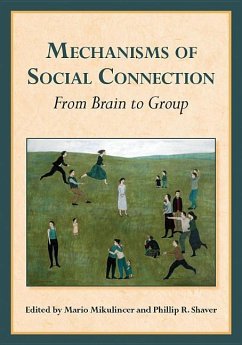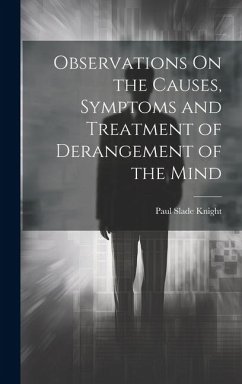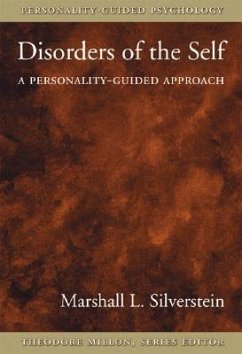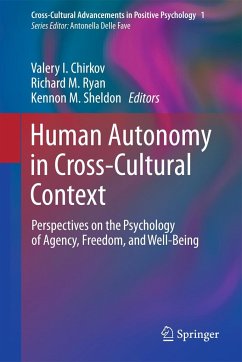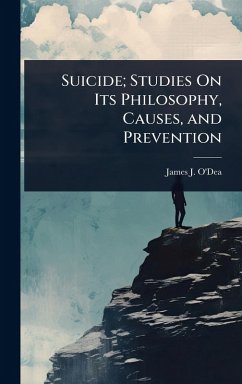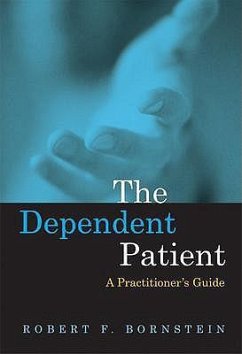Nicht lieferbar
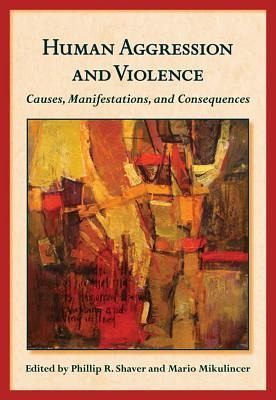
Human Aggression and Violence
Causes, Manifestations, and Consequences
Herausgeber: Shaver, Phillip R; Mikulincer, Mario
Versandkostenfrei!
Nicht lieferbar
This comprehensive book assembles chapters from international experts to provide a broad-based and multidisciplinary analysis of aggression and violence, their negative consequences, and promising interventions. Five sections examine major theoretical perspectives, genetic and environmental determinants, and the psychological and relational processes underlying human violence and aggression.




